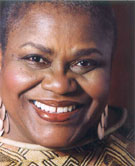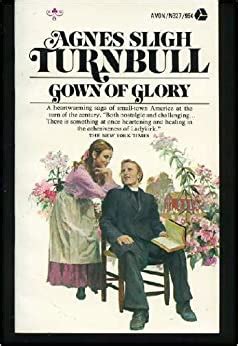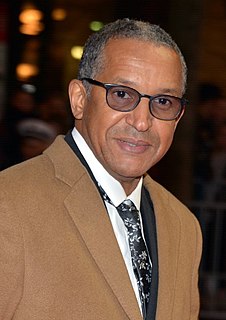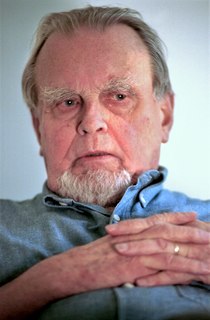A Quote by Lewis Black
Some people have religion as a means of solace. But, I had a dreidel, so that was out.
Related Quotes
Art is not a substitute religion: it is a religion (in the true sense of the word: 'binding back', 'binding' to the unknowable, transcending reason, transcendent being). But the church is no longer adequate as a means of affording experience of the transcendental, and of making religion real - and so art has been transformed from a means into the sole provider of religion: which means religion itself.
It is no defense of superstition and pseudoscience to say that it brings solace and comfort to people. . . . If solace and comfort are how we judge the worth of something, then consider that tobacco brings solace and comfort to smokers; alcohol brings it to drinkers; drugs of all kinds bring it to addicts; the fall of cards and the run of horses bring it to gamblers; cruelty and violence bring it to sociopaths. Judge by solace and comfort only and there is no behavior we ought to interfere with.
Religion would certainly be more relevant to the hurting masses of humanity if people could express their hopes and dreams and pain and anguish to one another in the context of religious worship. As it is now our services are so antiseptic and sterile that people gathering for worship relate to others at only the most superficial level, and hardly ever get to know one another. . . . Maybe that is one of the reasons why people feel religion is irrelevant, because they cannot find support and solace during times of crisis and pain. That is when real religion should be at its best.
Rational people, anti-religionists, must end their timidity and come out of the closet and assert themselves. And those who consider themselves only moderately religious really need to look in the mirror and realize that the solace and comfort that religion brings you actually comes at a terrible price.
Religion used to be the opium of the people. To those suffering humiliation, pain, illness, and serfdom, religion promised the reward of an after life. But now, we are witnessing a transformation, a true opium of the people is the belief in nothingness after death, the huge solace, the huge comfort of thinking that for our betrayals, our greed, our cowardice, our murders, we are not going to be judged.
I appreciate the 'Surreal Life.' I had a really positive experience on that show, and with those people. I found some love in my heart for religion again, and had the support of a new family of friends. I wouldn't have had the pleasure of meeting those people, if we were not all placed in that fishbowl.
































